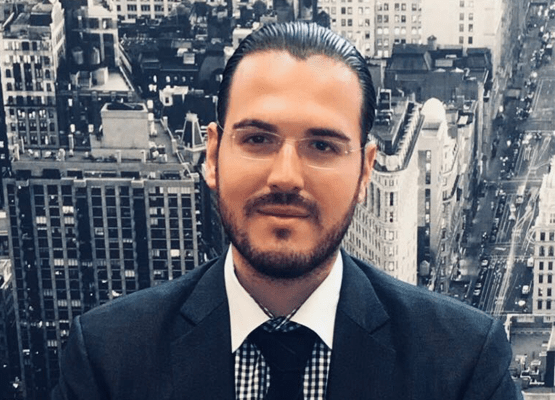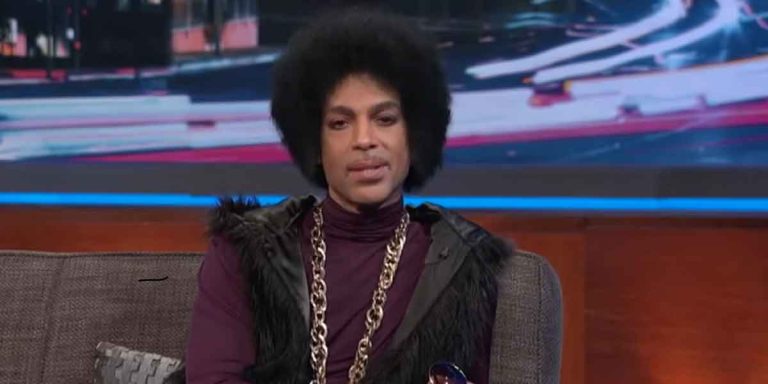Probate NYC
When an individual dies leaving a will and property in New York, probate is the court process that is carried out before the instructions on the will are carried out. So long the estate worth $30,000 or more, the estate must be probated in New York. A New York Probate is done in a Surrogate’s Court in the county where the deceased domiciled and/or owned property. The purpose of probate is to verify if the will is valid and written in compliance with the law before it is administered. Note that the written will must reflect the testator’s last wishes, and if there’s anything observed to prove otherwise, or in a situation where the will is not compliant with NY State laws, the will may be discarded as invalid. The executor of the will can only carry out his duties only after the will has been probated. If you are an executor looking forward to probating a New York will and carry out your fiduciary duties, it is advisable to work with a probate attorney near you 10030.
Probate Attorney 10030
Probate is a legal process, one that puts the executor under a microscope. Any questionable act of the executor can lead to him been sanctioned by the court or accused of fraud by the family members of the decedent. As a personal representative of the deceased, you must put the interest of the family members and the estate foremost. This is your fiduciary obligation as an executor. You do not want to get on the bad side of those you are supposed to serve. This is why you need the assistance of the probate attorney. He will guide you through the process, advising you on how best to execute your functions efficiently, while making probate as simple as could be. If you live within a New York county of zip code 10030, then put a call through to the probate attorney 10030 New York.
How does probate begin?
Probate commences when the executor submits the will and the probate petition to the Surrogate’s Court. He can do this with assistance from the probate attorney. Once the validity of the will has been verified and all issues have been duly addressed, then the court will then issue out Letters Testamentary to the executor to continue with his duties in administering the estate.
What if there is no will, will the estate still be probated?
If the individual died without a last will, probate will be done regardless so long the estate worth over $30,000. The only case when the estate will not be probated is when the whole assets are held in a trust, jointly owned by joint tenancy, and/or have beneficiary designations. Assets like insurance policies, retirement accounts and bank accounts with transferable on death clause will not be probated before passing on to the beneficiary since these assets already contain a beneficiary designation.
In the absence of a will, the deceased is said to have died intestate. What this means is that his last wishes are unknown, and therefore the intestacy laws of New York will be used to distribute the estate to the heirs (spouse and children) of the deceased.
There will be no executor to initiate probate, but as a relative or friend who wishes to administer the estate, you can file a petition to the Surrogate’s Court with the assistance of the probate attorney. When the court accepts you as the personal representative, you will be called the estate administrator, and issued Letters of Administration. This document authorizes you to administer the estate.
What do I do as the executor or estate administrator?
Your roles as the executor or estate administrator are to administer the estate and distribute it to beneficiaries according to the will or laws of intestacy. Before you disburse the estate, you must first collect and valuate the total assets owned by the decedent. Then estate debts, bills and taxes are required to be paid. Note that state estate tax is imposed on all estates in New York valuing over $5.85 million (individually owned estates). After all these have been paid, you have to present a clear record of your expenses. When this has been accepted by the court and family members, you then proceed to disbursement according to the will or intestacy laws (in the absence of a valid last will).
































